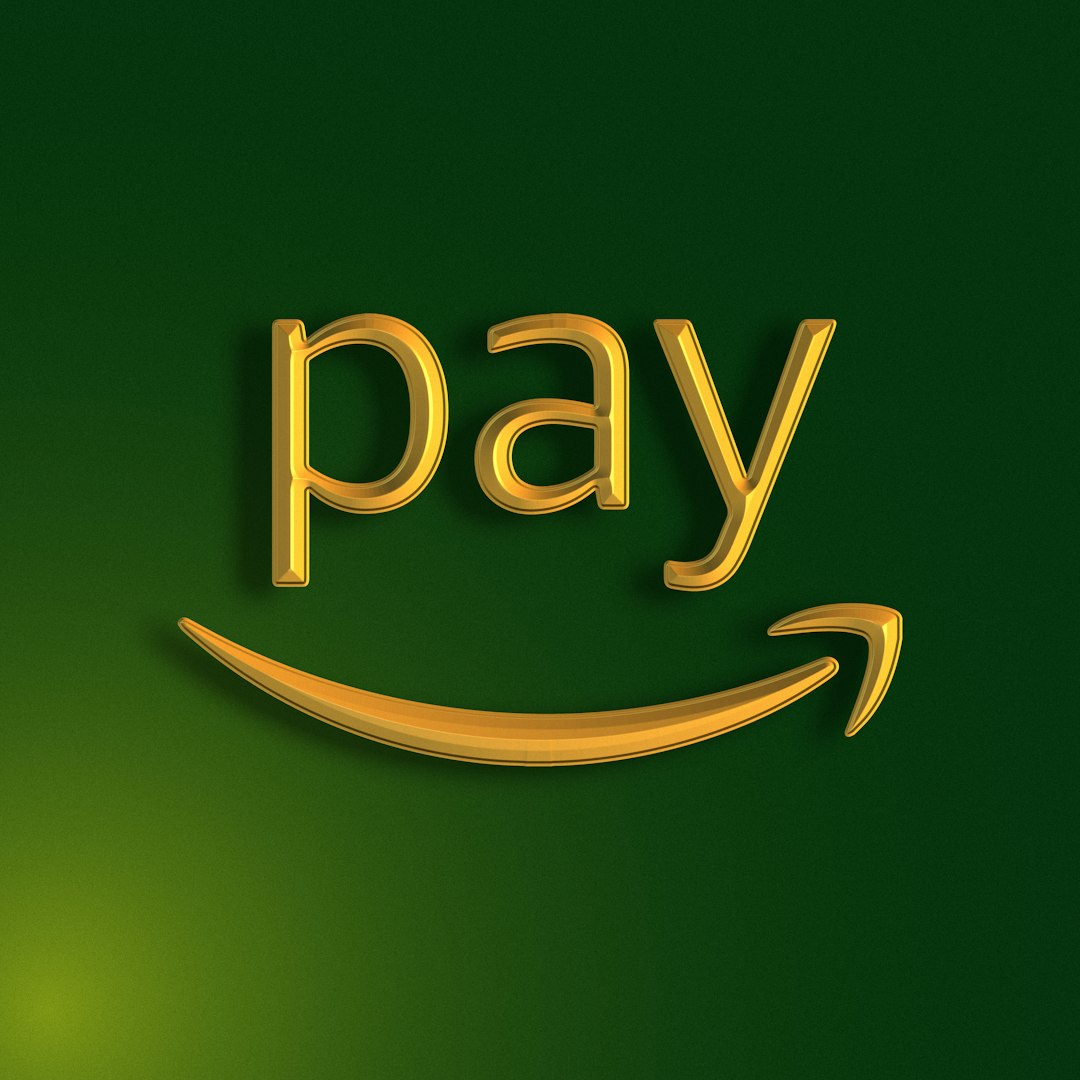Managing payroll is a critical operation in any organization, as it ensures that employees are paid accurately and on time, in compliance with tax laws and labor regulations. In today’s corporate landscape, businesses rely heavily on specialized software to streamline this complex process. Choosing the right payroll software can significantly affect operational efficiency and legal compliance, especially for growing businesses. But with so many options available, which software is mostly used for payroll?
Several software solutions dominate the payroll market, each offering its own set of features, integrations, and pricing models. Below, we explore the most widely used payroll software, analyzing their strengths and relevance in various organizational contexts.
1. ADP (Automatic Data Processing)
ADP is one of the most trusted names in payroll processing, serving businesses of all sizes around the globe.
ADP offers a cloud-based solution that integrates payroll, HR, and talent management. It supports businesses from small startups to large enterprises. ADP is known for its high level of compliance support, offering automatic tax filing and extensive reporting features.
- Advanced compliance and risk management tools
- Automated federal, state, and local tax filing
- Integration with time tracking and benefits administration systems

2. Gusto
Popular among small to medium-sized businesses, Gusto is praised for its user-friendly interface and integrated features.
Gusto provides an all-in-one platform that combines payroll, benefits management, and HR tools. One of Gusto’s key strengths is how quickly new businesses can get set up, often in just a few minutes. It automates the calculation and filing of taxes and includes employee self-service features.
- Simplified onboarding and setup process
- Direct deposit and off-cycle payroll capabilities
- Detailed reports for tax and financial planning
3. QuickBooks Payroll
A natural extension of the popular accounting software, QuickBooks Payroll is ideal for businesses already using QuickBooks for bookkeeping.
This software allows tight integration between accounting and payroll, reducing data entry and errors. QuickBooks Payroll offers automated payroll and tax compliance and allows same-day direct deposit in certain plans, which is a huge advantage for small businesses looking to attract talent.
- Seamless integration with QuickBooks Accounting
- Real-time access to payroll data and updates
- Mobile payroll features for business owners on the go
4. Paychex
Paychex is tailored for small to large businesses and is known for its comprehensive payroll and HR solutions.
Paychex Flex is the core product offered by the company, and it provides scalability for businesses as they grow. Its payroll system supports hourly, salaried, and contract employees, and offers real-time analytics and compliance alerts.

- Customizable payroll plans for different business sizes
- Employee mobile access to pay and tax documentation
- Strong focus on regulatory compliance
5. Workday
Workday is best suited for large enterprises that require a combination of payroll, HR, and finance capabilities.
Unlike other platforms, Workday offers deep analytics and financial insights that integrate payroll with an organization’s broader financial planning. It is highly configurable and supports multinational payroll needs, making it favorable for large-scale organizations operating in multiple countries.
- Global payroll insights and compliance
- Comprehensive employee lifecycle tracking
- Real-time labor cost forecasting and analytics
Choosing the Right Payroll Software
The best Payroll and Benefits Software depends largely on your business size, industry, and specific requirements. Smaller companies may prioritize ease of use and cost, making software like Gusto or QuickBooks Payroll more applicable. Conversely, larger enterprises may need complex compliance frameworks and reporting tools, favoring solutions like ADP or Workday.
It’s important to consider factors such as:
- Automated tax filing support
- Integration with other business tools
- Scalability as your business grows
- Employee self-service options

In conclusion, while several payroll software options are widely used, ADP, Gusto, QuickBooks Payroll, Paychex, and Workday consistently rank among the most popular and reliable systems. By evaluating your business’s specific payroll needs and matching them with the capabilities of these platforms, you can select a solution that not only meets compliance standards but also enhances overall productivity and employee satisfaction.


